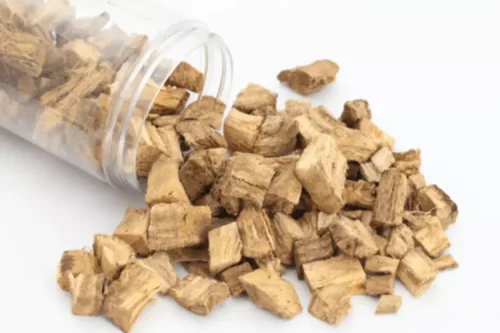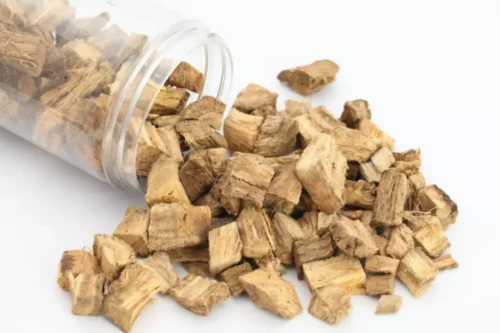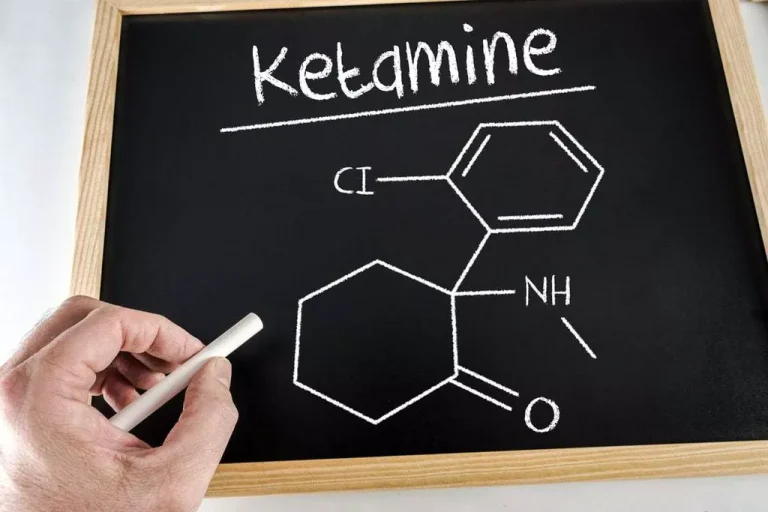
The effect of blood pressure may be due to the mineralocorticoid activity of cortisol or catecholamine hypersensitivity[68]. Alcohol stimulates the secretion of corticotrophin releasing hormone in rats[69,70] leading to stimulation of cortisol secretion[71], sympathetic stimulation and hypertension in rats. It is a common substance of abuse and its use can lead to more than 200 disorders including hypertension. This review aimed to quantify can alcohol lower blood pressure the acute effects of different doses of alcohol over time on blood pressure and heart rate in an adult population. Several studies and meta-analyses have been conducted to determine the relationship between alcohol consumption and the risk of developing heart failure in healthy subjects, as well as in those with a history of MI or CHD. Studies also have examined the “safety” of alcoholic beverage consumption in subjects with heart failure.
Greyling 2016 published data only

We classified six studies as having low risk of performance bias (Dai 2002; Narkiewicz 2000; Nishiwaki 2017; Potter 1986; Rosito 1999; Van De Borne 1997). In this study, all test drinks were poured into paper cups to achieve blinding of participants. We contacted the author of Rosito 1999 to request additional information regarding the method of blinding used. The study author explained the blinding method in detail in an email, so we classified this study as having low risk of bias. When the SNS gets activated by alcohol, it can increase heart rates and constrict blood vessels. Prolonged activation of the SNS can contribute to health issues like high blood pressure.
Impact of Drinking Patterns and Types of Alcoholic Beverages on Risk
Free blood pressure machines are also available in some stores and pharmacies. The accuracy of these machines depends on several things, such as a correct cuff size and proper use of the machines. Ask your health care provider for advice on using public blood pressure machines. Children age 3 and older may have blood pressure measured as a part of their yearly checkups.
Does drinking alcohol affect blood pressure?
We calculated and reported mean difference (MD), with corresponding 95% confidence interval (95% CI). “The best ways to maintain good health and lower blood pressure is by maintaining a healthy weight, exercising regularly, and maintaining a good diet that is low in salt and predominantly made up of unprocessed foods,” Amin said. Alcohol also stimulates the release of adrenaline and puts the body in a fight-or-flight mode, leading to elevated blood pressure.
Kawano 2002 published data only
Recently, Guzzo-Merello and colleagues (2015) reported that, among 282 patients with a dilated cardiomyopathy phenotype, 33 percent had ACM. However, some reports indicate that alcohol-dependent women develop ACM after consuming less alcohol over a shorter period than do age-matched alcohol-dependent men (Fernández-Solà et al. 1997; Urbano-Marquez et al. 1989). This may be why binge drinkers are more likely to have high blood pressure than their teetotaling counterparts, a 2018 study in the Journal of American Heart Association suggests. Alcohol may make you fall asleep quickly, but you won’t stay that way for long, and even one night of bad sleep may result in a spike in blood pressure that night and the following day, according to a 2019 study in Psychosomatic Medicine. “This can cause weight gain over time, and obesity increases your likelihood of developing high blood pressure,” he says. People over 40 years old or those with a higher risk of hypertension should have a doctor check their blood pressure at least once a year.
Cortisol in alcohol-induced hypertension
- Drinking alcohol may also increase blood pressure for a short amount of time even in healthy people.
- In many ways, your medical history (and present) can tell you a lot about your future with alcohol.
- The inclusion of non‐randomised studies in McFadden 2005, which are known to be at higher risk of bias, is likely the reason for the discrepancy in the magnitude of BP effects.
It’s important to have your blood pressure checked at least every two years starting at age 18. Keeping blood pressure within a healthy range https://ecosoberhouse.com/ can reduce the risk of adverse health outcomes. Many factors can increase someone’s risk for high blood pressure, also known as hypertension.

This is especially true when you engage in binge drinking (that’s defined as four or more drinks within two hours for women and people assigned female at birth, and five or more drinks within two hours for men and people assigned male at birth). Researchers found that people who drank beetroot juice had reduced systolic blood pressure compared with those who did not drink the juice. Systolic blood pressure is the pressure in a person’s arteries when their heart beats. Researchers found this group had a reduced risk of hypertension after drinking 30 grams, about 2 tablespoons, of a specific form of aged white wine every day for 3 weeks.
The Effect of Alcohol on Blood Pressure and Hypertension
- 3Greenfield and colleagues (2005) studied the effects of alcohol at meal time in a group of nonsmoking, healthy postmenopausal women.
- The type of alcoholic beverage also determines the impact on health, with red wine being considered healthy, for instance, due to the high polyphenol content.
- A 2019 study suggests that drinking hibiscus tea twice per day alongside lifestyle and dietary strategies may help reduce blood pressure in people with stage 1 hypertension.
- Several reports indicate that alcohol first exerts a seemingly positive effect, followed by a more negative impact (i.e., it is biphasic) on the endothelial–nitric oxide–generating system.
- The serum levels of vasoactive substances such as renin-aldosterone have been reported to be affected by alcohol ingestion in vivo or ethanol in vitro[54-56].
- All condition, treatment and wellness content is medically reviewed by at least one medical professional ensuring the most accurate information possible.
Most often, low-risk or moderate drinking has been defined as 1 to 2 standard drinks per day and heavy alcohol consumption as 4 or more standard drinks per day. However, ascertaining the exact alcohol consumption threshold for determining both the benefit and risk has been challenging, and threshold levels continue to differ across studies. Another reason behind the heterogeneity was probably the variation in alcohol intake duration and in the timing of measurement of outcomes across the included studies. Most studies gave participants 15 to 30 minutes to finish their drinks, started measuring outcomes sometime after that, and continued taking measurements for a certain period, but there were some exceptions.

Routinely drinking alcohol may raise blood pressure even in adults without hypertension
We used GRADEpro software to construct a ‘Summary of findings’ table to compare outcomes including change in SBP and DBP and HR (GRADEpro 2014). In addition, we included illustrative risks to present findings for the most important outcome (change in systolic blood pressure). For the other domains, we grouped outcomes together and provided only one judgement.
